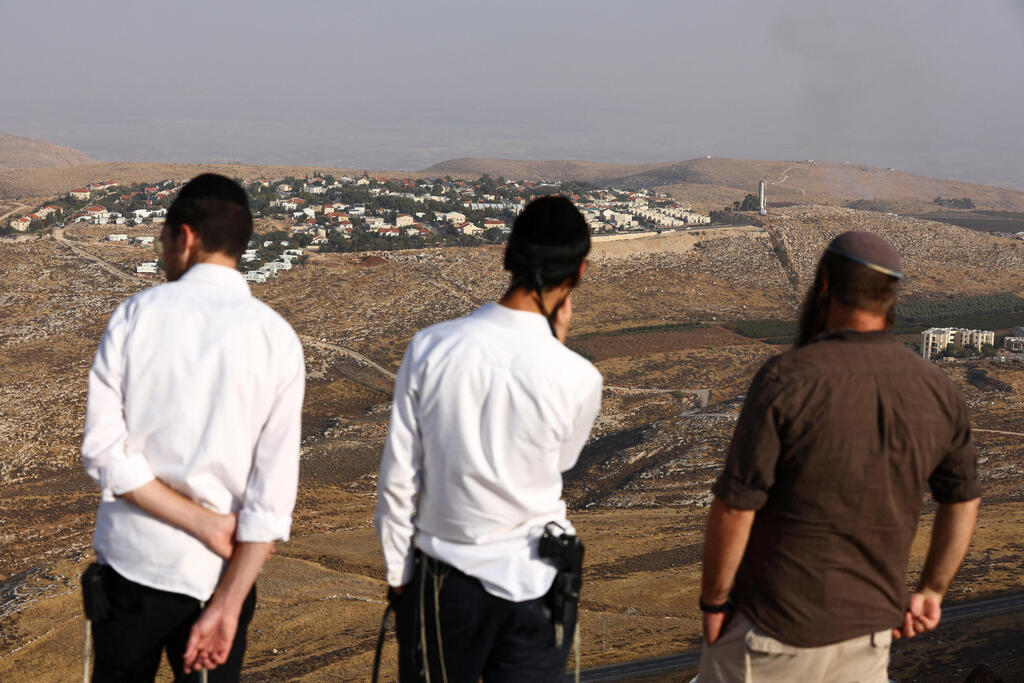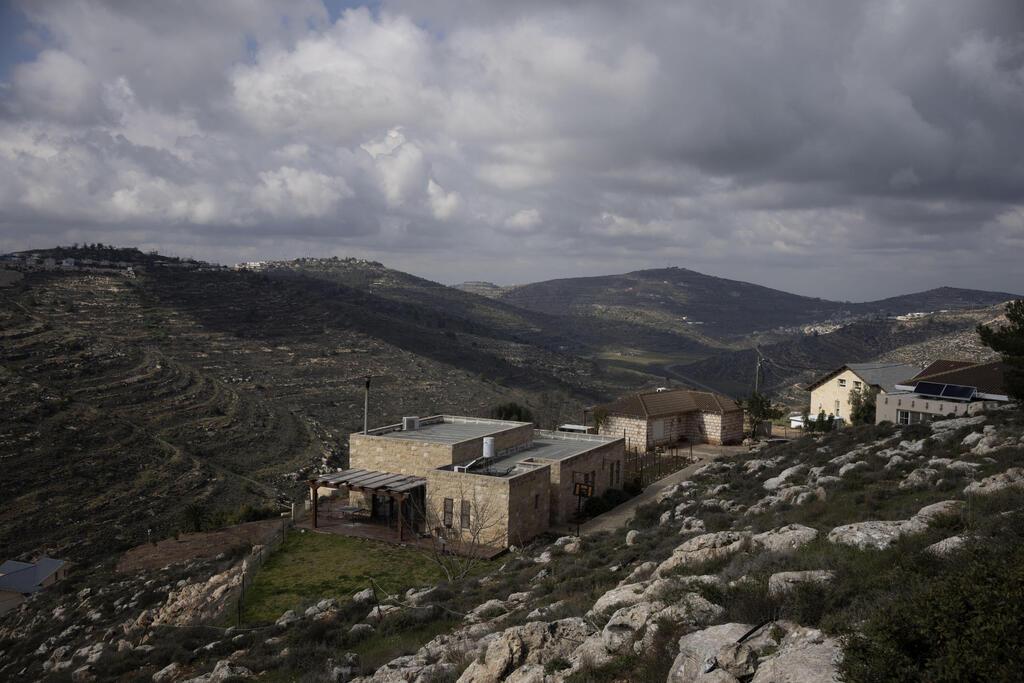Israel comes under international criticism but not by everybody, all the time. Attacks on West Bank settlements and calls to boycott products made there by the BDS are not a criticism of Israel. The BDS is not, as some might think, a movement that preaches against the alleged occupation of Palestinian land or calls for lasting peace between Israel and its neighbors. It's a movement dedicated to hatred of Israel, irrespective of any agreements or peace accords.
Read more:
The Financial Times has taken a distinct stance by advocating for a boycott, not of Israel, but specifically of products originating from the settlements. In an editorial, the newspaper called for such action to be taken.
Such calls for boycotts have a precedent, The European Court of Justice's 2019 ruling, mandating the labeling of settlement products in EU countries. However, such decisions often lack practical significance. In Norway, for instance, marking settlement products according to countries inadvertently led to an increase in purchases of products from Israel. Unintended consequences ensued.
The initiators of the boycott of settlement products, often associated with BDS supporters, have a clear agenda. While a full-fledged boycott may not have been achieved, their efforts have had practical implications. Companies like Soda Stream had to relocate production from the West Bank settlements to within Israel, and Ahava products from the Dead Sea have faced protests and calls for a boycott from activists. The impact may not be universal, but it demonstrates the influence of such movements.
According to findings by the NGO Monitor research institute, numerous anti-Israel organizations have been actively involved in the campaign, but it is important to note that their objectives go beyond that. Many of these organizations, aligned with the larger BDS campaign, do not advocate for peace, reconciliation, or a two-state solution. Their involvement in the labeling campaign reflects their broader agenda and opposition to the very existence of the Jewish state.
Partnership for Peace (Partenariat pour la paix) which leads the labeling campaign in France, received substantial funding from the French government, along with other organizations receiving grants from the European Union and European countries. When officials there were asked about supporting entities that oppose Israel's existence, the response has been a uniform claim of supporting human rights, rather than endorsing the organization's overall agenda. When posed with the option of funding a right-wing Jewish body promoting human rights, the officials wiggled their way out of a clear answer.
The actions of the current right-wing government in Israel, that exacerbate hostility towards the country, cannot be ignored. Its declared approval and establishment of outposts, and the violent attacks against Palestinians along with provocative statements from ministers such as Finance Minister Bezalel Smotrich and National Security Minister Itamar Ben-Gvir, only serve to fuel the narrative of Israel's detractors. They use these events to reinforce their claims that Israel rejects peace and is a fascist state. Ben-Gvir's recent call for settlers to "run to settle the hills," provides them with the ammunition they need to smear Israel and further their agenda.
2 View gallery


People overlook the Jewish settlement of Kokhav Hashahar
(Photo: Reuters/ Ronen Zvulun)
The editorial published by the Financial Times reflects the prevailing sentiment against Israel, which is not always solely attributed to the government's actions, although recent months have seen the conduct of its ministers contributing to the criticism. Surprisingly, our situation should have been worse considering the government's actions.
However, Europe has been preoccupied with the Russian invasion of Ukraine for over a year, and European countries have a vested interest in Israel's anti-missile defense systems. Additionally, many European countries are witnessing the rise of far-right movements, and France is currently experiencing immigrant riots, diverting attention away from Israel's affairs in the headlines.
On the issue of settlements, external pressure from European newspapers or other international entities is irrelevant. It is up to Israel to decide on which path it wishes to pursue: whether to build a bi-national future or to uphold the principles of a Jewish and democratic state. The ultimate choice lies in Israel's hands, based on its own interests, without relying on foreign newspaper editorials or external influences.



